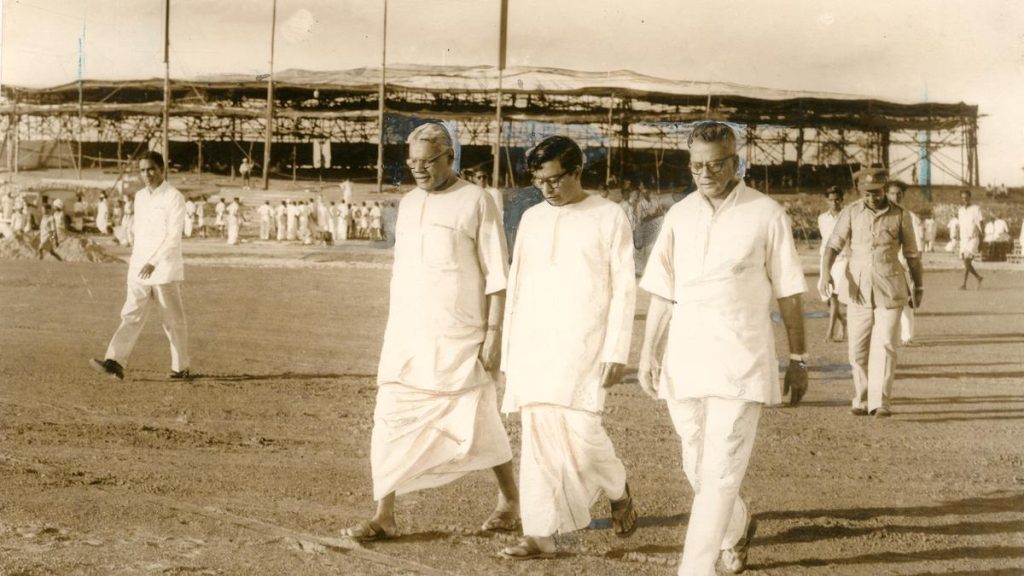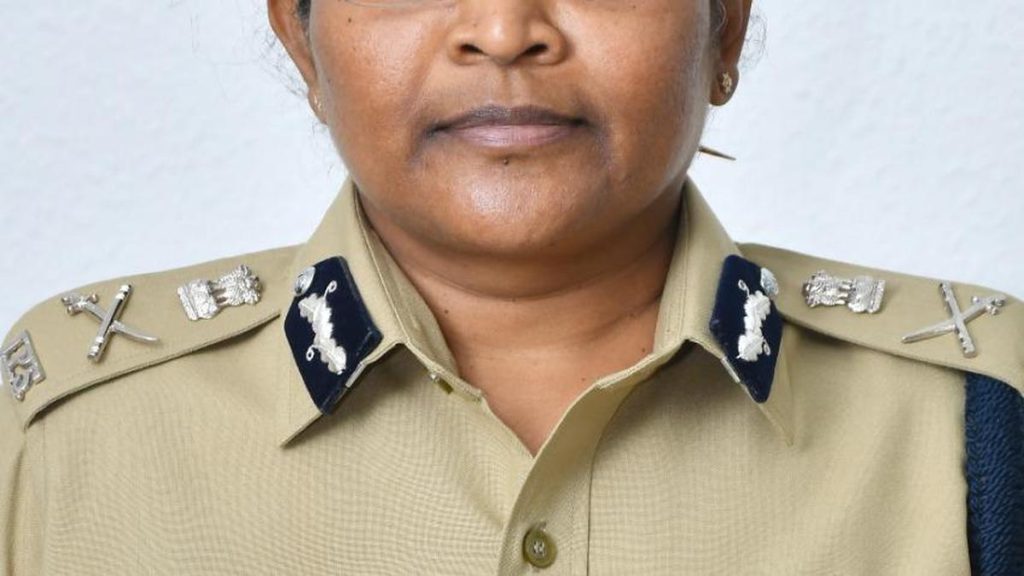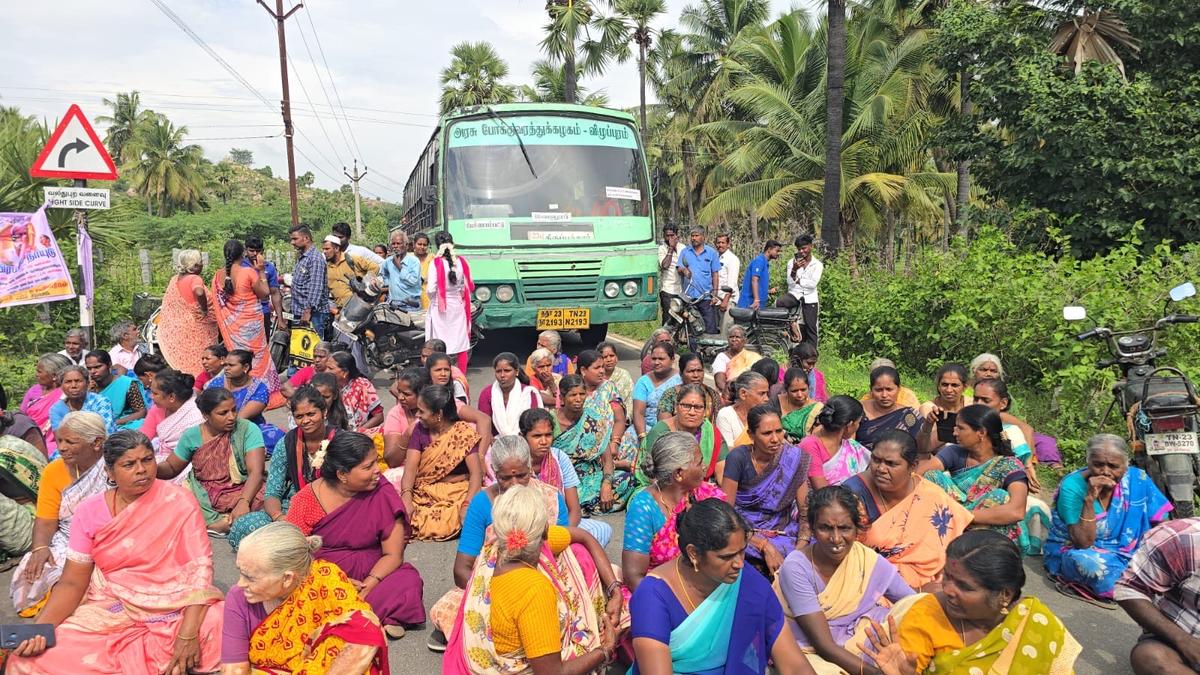Now Reading: India’s Quest for Big-League Sporting Glory
-
01
India’s Quest for Big-League Sporting Glory
India’s Quest for Big-League Sporting Glory
Rapid Summary
- Experts frequently enough describe India as a “sleeping giant” in sports due to its large, youthful population.
- Success is predominantly concentrated in cricket, chess, and shooting. India is a powerhouse in cricket monetarily and competitively,boasts 88 Grandmasters in chess,and has secured seven Olympic medals in shooting.
- Notable exceptions include Neeraj Chopra (Olympic gold medalist – javelin), P.V. Sindhu (double Olympic badminton medalist), and recent improvements by the men’s hockey team.
- Despite progress, India’s Olympic medal count remains low due to issues like poor governance in sports federations, inadequate infrastructure/coaching/nutrition access, doping concerns, limited grassroots participation pathways for young athletes, and insufficient safe spaces for women athletes.
- Sports like tennis and football lag globally: no Indian player ranks within the top 200 singles tennis rankings; India’s football team remains outside FIFA’s top 100 rankings amidst domestic league instability.
- Triumphant global models suggest integrating sports with education can be transformative. Examples include U.S. college scholarships for athletes or India’s own growth trajectory in school-driven chess programs.
- Encouraging initiatives have emerged – Khelo India promotes grassroots play; private CSR funding aids development; government reforms focus on governance advancement through frameworks like Abhinav Bindra-led task forces or proposed National Sports Governance Bill.
- India’s aim to host the 2036 Olympics sparks mixed opinions citing cost-benefit concerns from past experiences such as the 2010 Commonwealth Games.
Indian Opinion analysis
India’s aspirations of becoming a sporting nation face considerable hurdles stemming from systemic inefficiencies such as federation mismanagement and lack of structured pathways for young talent development.Global comparisons underline that embedding sports into education systems could prove vital – fostering early discipline while offering career viability through scholarships or professional avenues.
Promising strategies like Khelo India signal efforts to reshape grassroots dynamics but require sustained execution over decades to deliver critically important results across multiple disciplines rather than isolated successes seen mainly among individual athletes today.
Plans to host the Olympics underline India’s ambition yet invite scrutiny regarding economic viability when juxtaposed against pressing developmental priorities. Transformative change likely hinges on delivering cohesive policy-backed frameworks while balancing costs with tangible long-term gains across diverse sporting ecosystems.
Read more: The Hindu
























